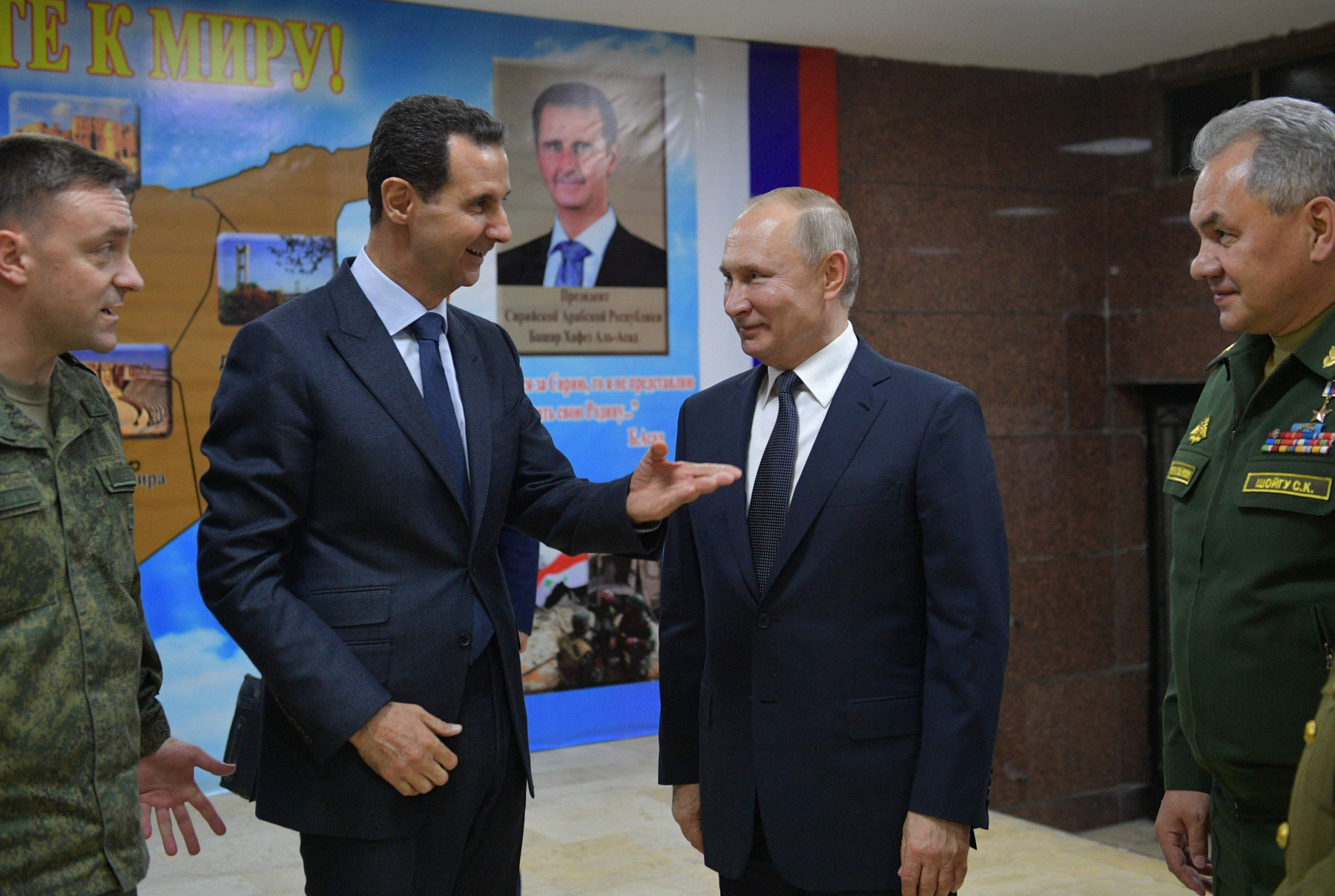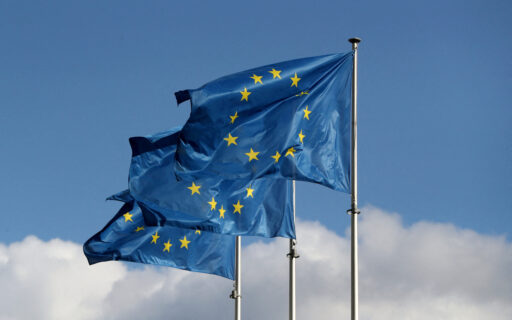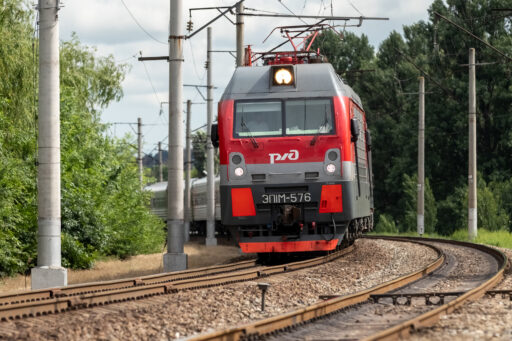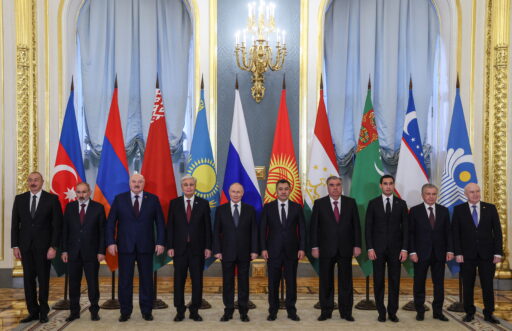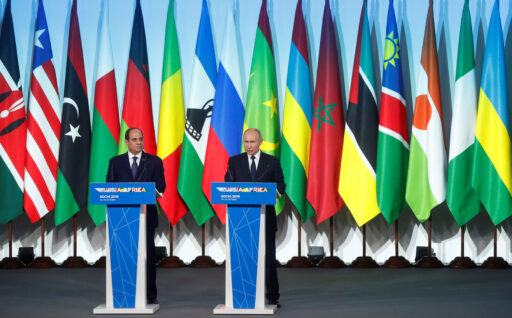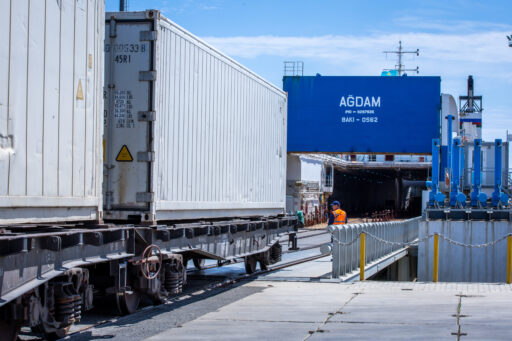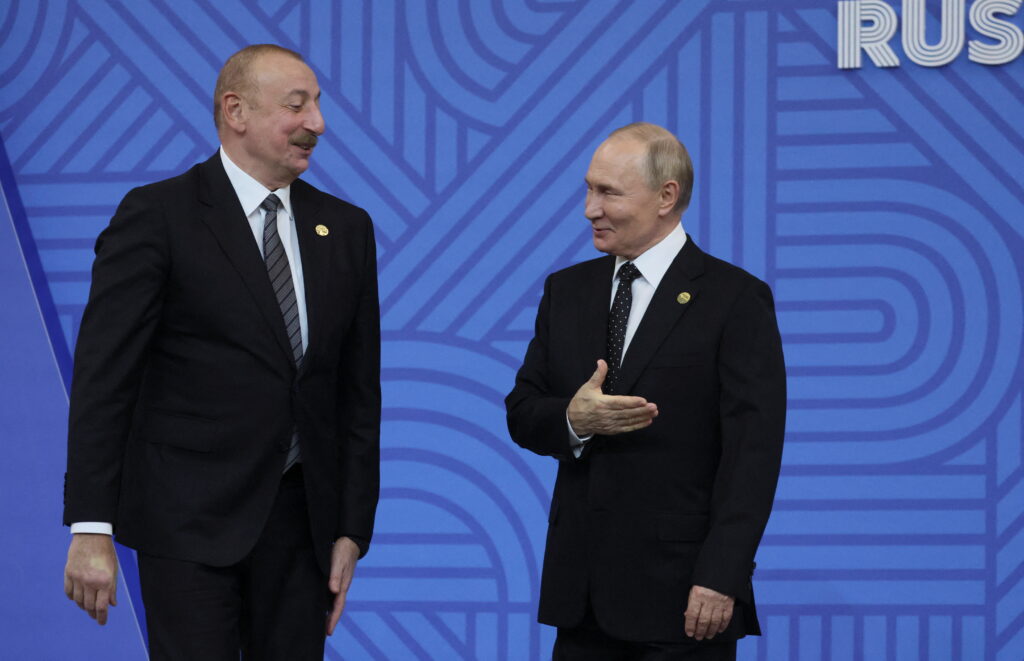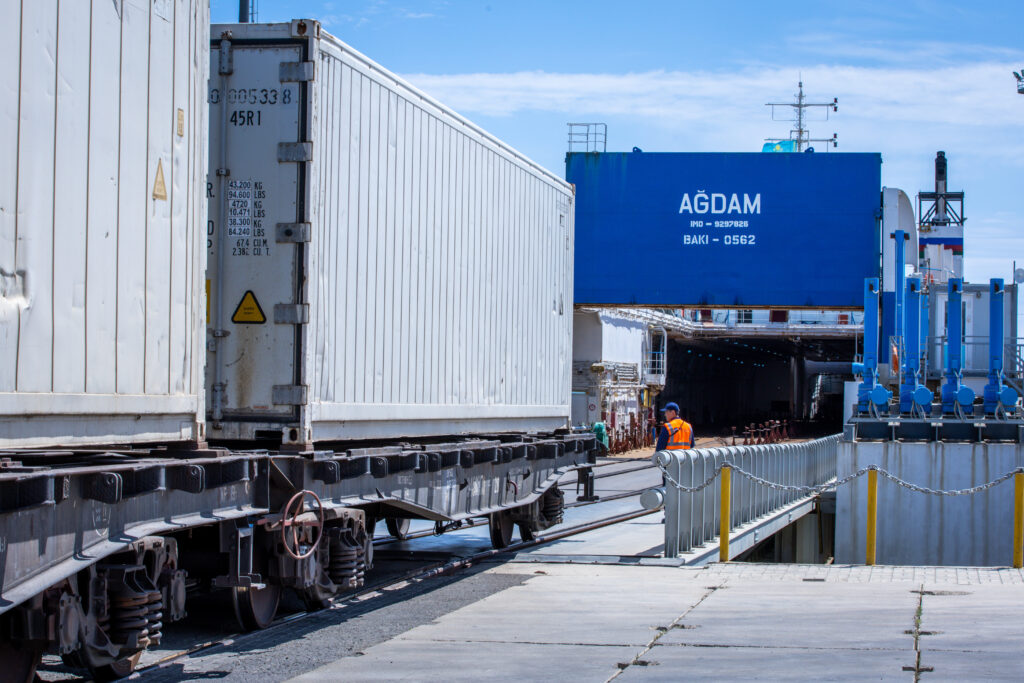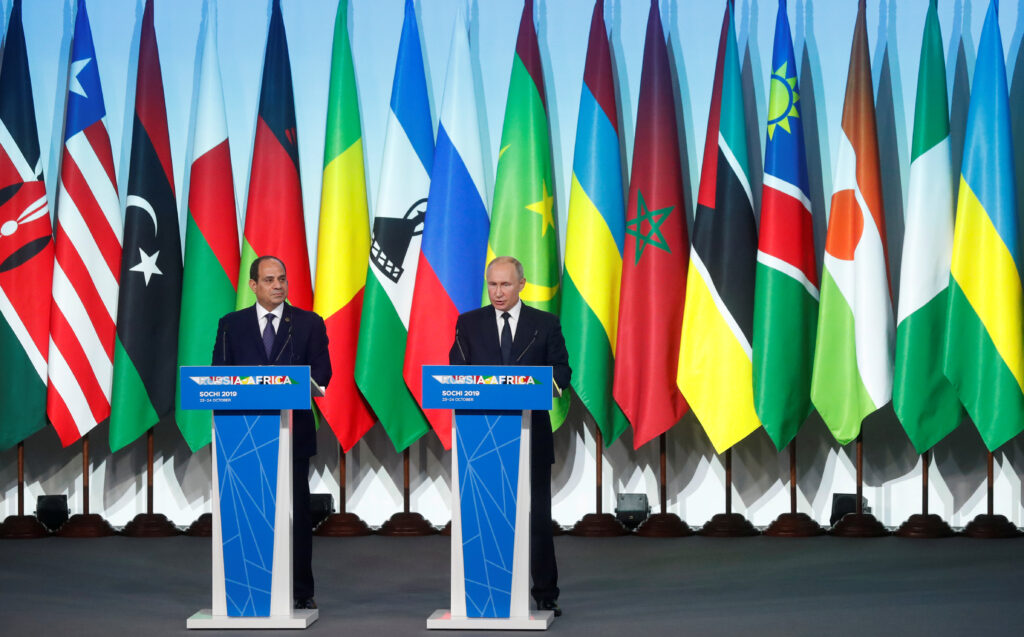‘Russia showed its discontent with Bashar al-Assad at last and revealed its real opinion of the Syrian regime in the run-up to the 2021 presidential election in Syria.’ Throughout April, influential Arab and Western media outlets entertained this idea.
It was based on their interpretation of Russian publications which were seemingly straightforward, but which nevertheless distorted the real picture of the Assad regime. First of all, there is a series of articles by the troll factory of businessman and restaurateur Yevgeny Prigozhin. These articles undermine Assad’s presidential prospects. They criticise Syrian economic policy and claim to expose local corruption schemes. Secondly, a social field study carried out by the Prigozhin-associated Foundation for National Value Protection revealed the Syrian president’s dip in popularity, his low chances of winning a fair election in 2021 (if it can be fair, given the circumstances), a record low standard of living for Syrians, and food shortages. Thirdly, a former Russian diplomat wrote a column in Kommersant claiming that the current problem for Syria is not terrorist threats but the authorities’ inability to establish a system of governance that could move from a war economy to regular trade and economic relations.
The breeding ground for these critical articles is insider information obtained by Israeli expert Edy Cohen. (Cohen predicts Bashar al-Assad’s flight to Belarus.) April’s targeting of Assad ended with two video addresses by Rami Makhlouf, the Syrian president’s cousin and one of the wealthiest men in the Syrian Arab Republic (SAR). Makhlouf denied accusations of corruption and appealed to Assad to not confiscate or nationalise his assets. Note that for the first time a ‘pillar’ of the Syrian economy and Alawite community revealed the intra-elite conflict within the highly secretive regime.
Observers of Syria’s reality can trace Russian meddling here, too. According to Cohen, Moscow is apparently trying to strike a balance and introduce an intermediary between the West and the Arab world. He asserts that this is the reason Assad is not welcome even in the otherwise hospitable Rostov-on-Don, which is known for providing shelter to deposed politicians. With those two videos, Moscow is said to be plotting behind the scenes, forcing notorious Syrian tycoons to invest in the country’s reconstruction. An anti-corruption campaign was launched against Rami Makhlouf in 2019. Back then, Arab media and some Western outlets reported that Russia had demanded repayment of $ 3bn from Damascus, claiming his family was leading a luxurious life. The press also reported that Assad’s relatives, including Rami, had purchased real estate in the elite Moscow-City district.
Let us try and make sense of both the official stance and the stance of Russia’s business circles. Businessmen, as President Putin has stated, are entitled to ‘push for their business interests anywhere on the planet’.
We believe that the series of publications released by Prigozhin’s media outlets was set out to attract publicity. Then the topic was purposefully picked up by friendly media outlets and incidentally by third parties attracted by the topic’s high click-through rate. A few days later, the initiators removed the critical articles from the sites they controlled (while as a rule keeping the old URLs). The poll conducted by the Foundation for National Value Protection which showed that only a third of respondents would vote for Assad in the 2021 election also disappeared (though it was stored in the Cloud). Afterwards, there appeared a statement that the site had been hacked. Assad’s enemies in general and Turkish intelligence in particular had generated the media hype.
Still, it is impossible to conduct such an opinion poll by phone. No sensible Syrian living in regime-controlled territory would answer politically sensitive sociological questions. Thus, this negative PR campaign could tie to a personal interest in contracts with the Syrian government. Alternatively, it is a safety valve; that is, a way to channel the sentiments of those Syrians who are seeing no improvements in the country. The latter is most probable.
As for the Kommersant column by the ex-diplomat, it is obvious Alexander Aksenyonok was presenting his personal, long-known and well-grounded critical opinion. This resonated with readers and fuelled the hype.
Informed experts are well aware that the Russian authorities have long been dissatisfied with the behaviour of their unyielding ally. Damascus has been reluctant to make concessions but eager to plot behind the scenes.
The Syrian regime, which considers itself the winner in the war, intends to reinstate the pre-2011 state of affairs. The regime insists that, back then, there had been no social upheaval; the state had been following the right political and economic path when the mutiny was instigated by foreign forces, including international terrorist groups.
So Damascus continues to flaunt its intransigence and its inability to assess the consequences of its own moves or respond to new challenges. As a result, the level of corruption has sky-rocketed; capital is being concentrated in the hands of a small circle of associates. Moreover, a war economy is being maintained in the country. Warlords from various pro-governmental units including the regular Syrian Arab Army have grown into tycoons who control lucrative businesses and run criminal cartels. Should the situation persist and no in-depth reforms rebuild the system from the ground up, nothing more than further collapse and a new round of escalating conflicts await Syria. This will bury the Syrian regime, together with Russian influence.
The lack of illusion has never prevented Russian diplomats or military from imitating the process of political settlement, weakening the opposition while strengthening Assad’s power. The rhetoric of the Syrian people’s choice and the need to preserve government institutions is a smokescreen.
Moscow is well aware that, as long as the Assads control administrative resources, no serious reforms are possible. In fact, Damascus is blocking even mock quasi-measures and reforms. So hope is waning that real changes will ever come.
Russia is most likely to continue to push the Syrian regime towards political and economic reforms. To achieve this goal, it is advisable for Russians to take part in the sessions of the Syria Constitutional Committee in Geneva. That way, it could be able to introduce at least some of the minor amendments to the governing document, reorganise business management of port infrastructure, and curb extortion at checkpoints and cronyism among the military. Such cronyism is why Russian representatives go with Syrian security forces during arrests of militia commanders; moreover, Russia proposed to establish an anti-corruption commission in the army. It seems that Moscow will keep in mind that one party or another among the SAR leadership will want to oust politicians who hinder reforms.
Still, the knowledge of an inner elite set-up and pressure on tycoons such as Makhlouf does not mean Moscow is building the muscles of alternative elite groups with a view to regime change. So far, Damascus is consolidating assets. Strange as it may sound, it is strengthening the position of the president’s wife Asma Assad, while capitalising on antagonism between the Russian Federation and Iran. Assad’s wife has already gained control over a stake in Syriatel, a Syrian telecommunication company owned by Makhlouf, and other businesses. Against the backdrop of sanctions and subsidy-based or illicit economic schemes in exchange for cooperating with its allies, the Syrian regime is now trying to curb the power of the moguls who have built up their standing during the war. Hence comes Makhlouf’s unequivocal remark that, without him, the Alawite community might change in ways that affect Assad’s support.
Besides, the Syrian regime is itself trying to loosen Moscow’s grip. Damascus is looking for ways to cooperate with the Arab monarchies of the Persian Gulf, and the UAE in particular. For instance, Middle East Eye reports that several days before the Russian and Turkish presidents’ March 5 meeting at the Kremlin for a ceasefire in Syrian Idlib, Abu Dhabi and Damascus had struck a deal. That deal, worth $ 3bn, would have Assad’s troops trying to invalidate the Turkish-Russian truce in Syria, leaving Turkey stuck in Idlib and unable to withstand the UAE’s allies there. The accuracy of this information cannot be confirmed. Still, cooperation between Syria and the UAE is quite close. Actually, this cooperation was facilitated by Moscow through strengthening contacts with Abu Dhabi between January and March. Thus, Russia created the conditions for the UAE’s participation in Syria’s reconstruction. The Kremlin showed willingness to adjust policy and keep options open for minimising Turkish influence in east Syria. The failure of Russian officials to foresee the plotting that went on in the dark and behind their backs is more evidence of the Syrian regime’s wilfulness and Russia’s wrong approach to it.
Most importantly, over the years of active campaigning, Russia has been unable to institutionalise its presence in Syria. It has not created truly loyal proxy forces; nor is there an influential political lobby it could rely on while pressing Damascus. When it comes to assisting in military operations by the SAR, the Russian party was forced to count on various paramilitary militia groups, instead of the regular Syrian Arab Army (SAA) where Iran played a decisive role. Russia tried to bring these many pieces together. The only successful establishment under Russian auspices was the Tiger Forces. This is a now fragmented division operating under the auspices of Air Force intelligence. However, in 2019, the division was transferred to the SAA and became the 25th Special Forces Division, which may hint that Russia’s role in supporting this military unit has weakened.
The failures accompanying the formation of the 4th Corps out of the newly formed 2nd and 6th divisions were also due to the Russian military not having taken into account local specificity: few of the militia groups wanted to lose their independence and be incorporated into the organisational structure of the SAA as military personnel. Russia also worked on forming the Fifth Assault Corps which has remained a de facto auxiliary militia structure that does not self-sufficiently solve operational tasks. In Russia, this formation is believed to be a successful Moscow project to establish a combat-ready unit from scratch. It is treated as the prototype of a modernised new-type Syrian Army capable of integrating not only people loyal to Assad but also former insurgents, as happened in south-western Syria. At the same time, this rebel military integration only became possible after 2018, following agreements between Russia, the U.S., Jordan and Israel, with the unofficial participation of the UAE. Russia’s attempts at recruiting insurgents in As-Suwayda province a year prior to the ‘reconciliation’ between the regime and the opposition (as a result of the deal between the external players) was not well-received by the local population, despite the offer of receiving what were considered to be decent salaries by Syrian standards.
As illustrated above, any talk of Moscow decisively influencing the Syrian power apparatus and successfully replacing the pro-Iranian military staff with a pro-Russian one is nothing more than an outright exaggeration. Moreover, personnel reshuffles can often be explained as Russia seeking a peaceful co-existence with Iran in Syria and banal intra-Syrian redistributions of assets.
As a party to the Syrian conflict, Russia was able to translate words into deeds and come back to the Middle East; that is, to re-establish ties with regional and global actors and impose a dialogue on an ‘equal footing’. Yet, the stalemate in Syria and unclear tactics as regards Libya undermine the thesis about the Russian foreign policy being effective.
If Moscow does not change how it is dancing with Damascus — indulging its whims, and following it instead of leading — it runs the risk that the Syrian regime will undergo another political collapse and face another social upheaval. And then, Moscow will have to try to save Syrian statehood with renewed force while defending its position among the elite. Given the consequences of its oil démarche which sped up the dive in oil prices amid the coronavirus pandemic, Russia does not have the resources to influence Assad or figures like Makhlouf who sit on abundant shadow incomes. Therefore, Russia’s return to the Middle East that started with the Syrian campaign launched by the Russian Armed Forces may turn into a Middle Eastern dead end unless conclusions are drawn and, despite the shrinking window of opportunity, the strategy of cooperating with Assad is adjusted.
